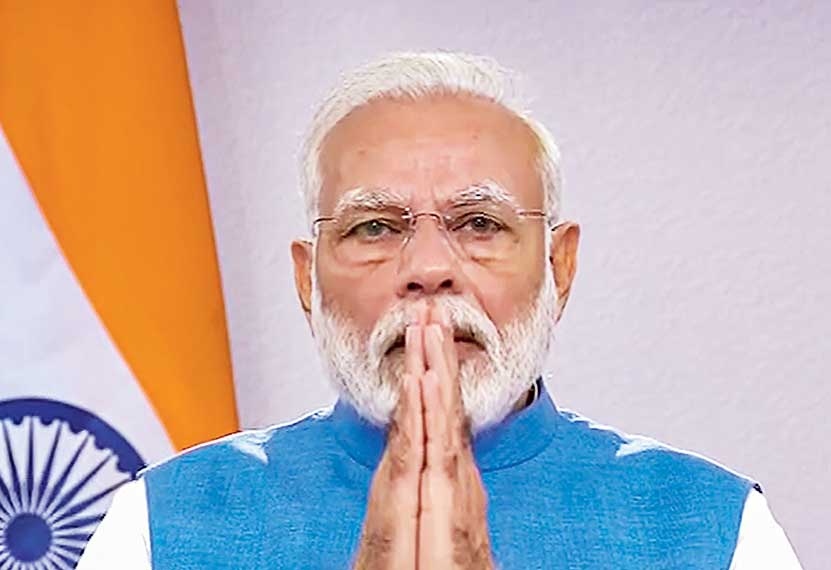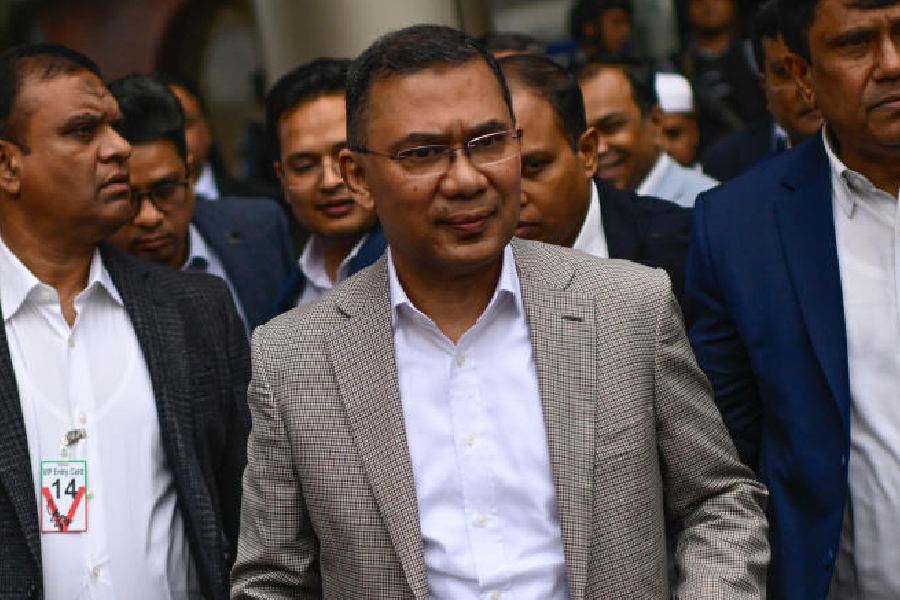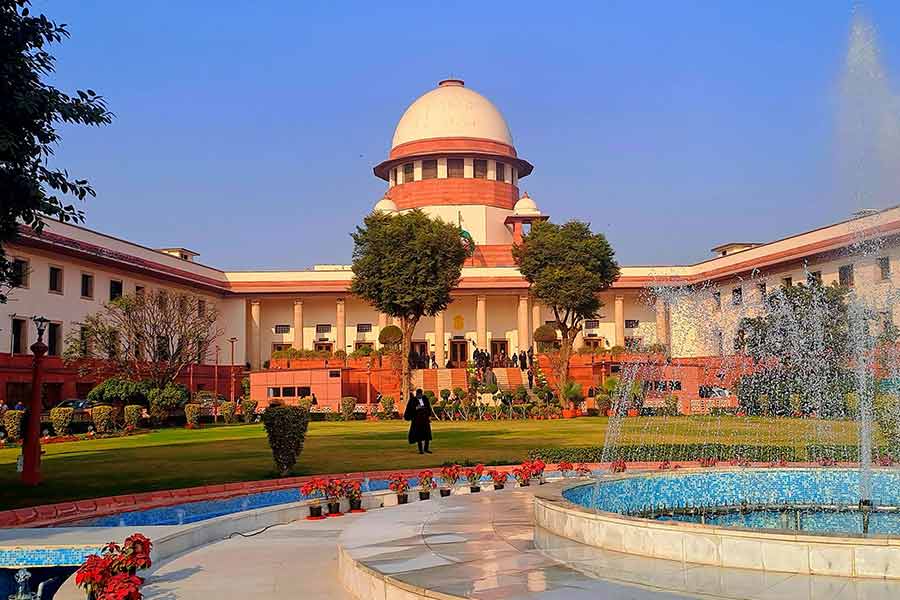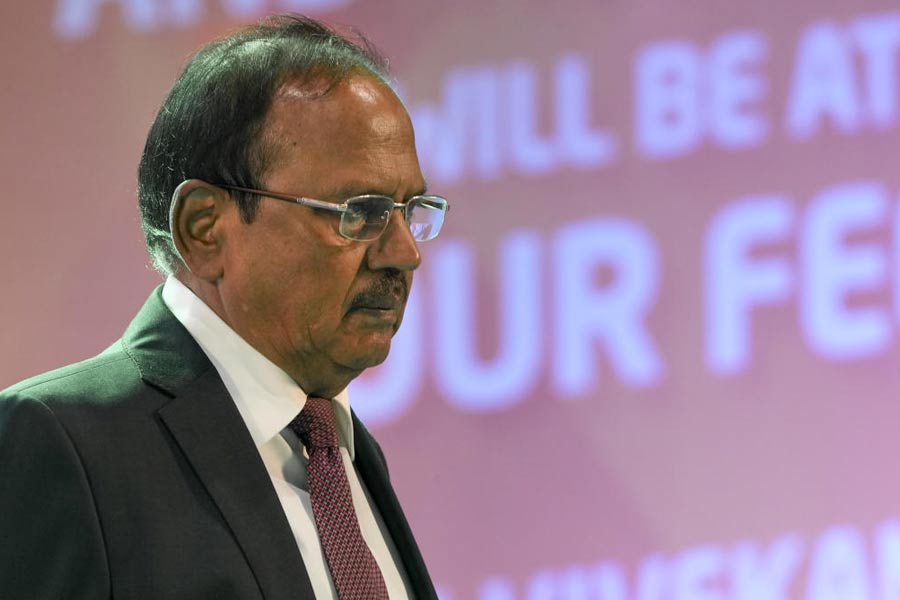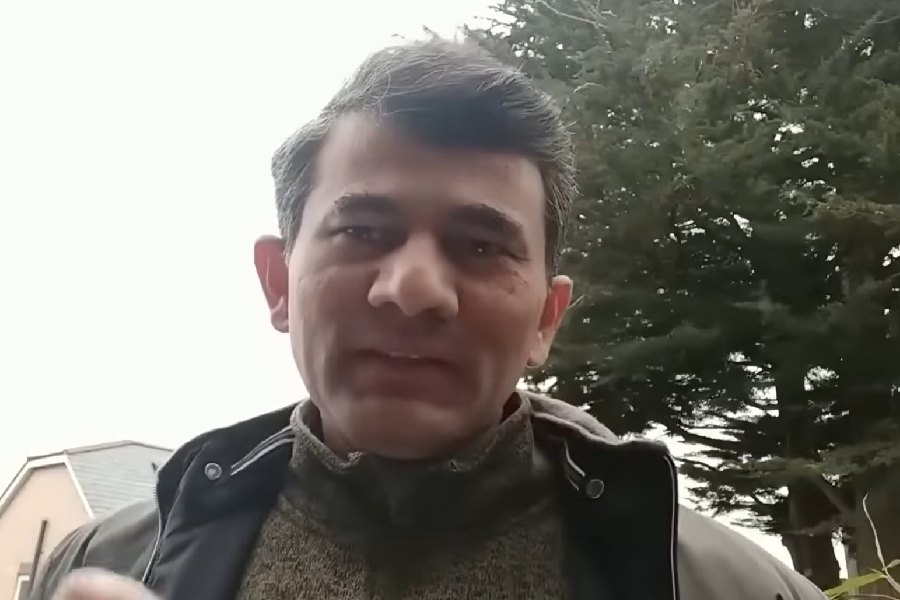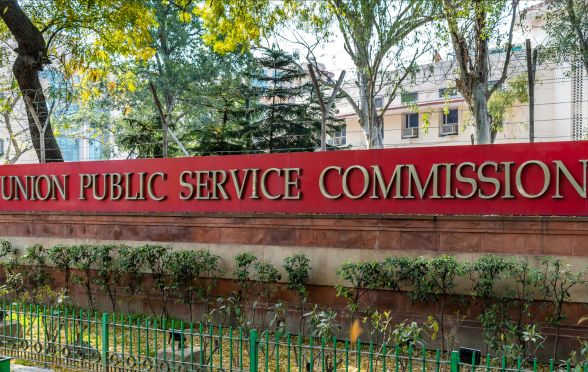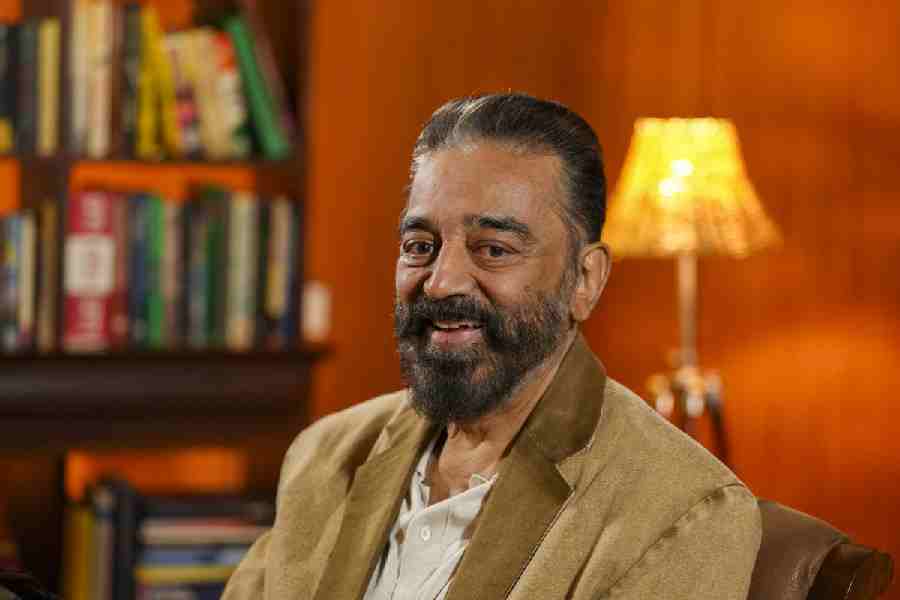Yet another ‘model’ has now come undone. Six years ago, during his first stint in power, the prime minister, Narendra Modi, had urged parliamentarians to adopt one or more villages in their constituencies and develop them into ‘models’ to expedite the pace of welfare. The response from parliamentarians had left a lot to be desired. Data suggest that in the first phase of the Saansad Adarsh Gram Yojana — the title of Mr Modi’s programme — over 700 MPs had adopted gram panchayats but their number had fallen to around 300 by the third phase of the initiative. This waning enthusiasm on the part of adopters has now been borne out by a fresh set of data. A study commissioned by the ministry of rural development has come to the — predictable? — conclusion after a tour of several SAGY villages spread across 21 districts in eight states that the programme has made very little difference on the ground. There are two common grouses against Mr Modi’s model of adoption. First, on most occasions, the funds allotted for developing a model village were far from adequate. Second, there was a discernible lack of awareness in the lower rungs of the bureaucracy about the contours of the initiative.
It might appear that the SAGY programme is afflicted with structural challenges only. That, however, would be a partial explanation for its failure. The model village policy suffers from the problem of myopic vision. The idea that the selective adoption of a handful of villages could transform the quality of cumulative lives is deeply flawed. In a nation starved of resources, the concentration of funds and infrastructure in some areas would, quite naturally, precipitate shortages in others. Astoundingly, the prime minister even failed to allocate separate budgetary provisions for his favoured model of growth. There is an even greater problem; one that pertains to principle. Should an MP — the people’s representative is accountable to every member of his constituency — prioritize one village over others? This kind of cherry-picking could lead to serious social unrest, undermining the fabric of society. India, a patchwork of ethnicities, faiths and castes, can ill-afford such institutionalized discrimination. As prime minister, Mr Modi is mandated to work for the welfare of each and every village in India. There cannot be first among equals when it comes to greater public good.

